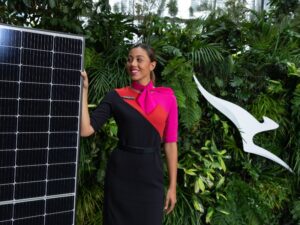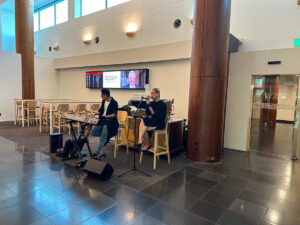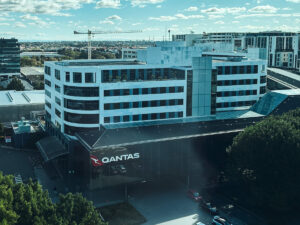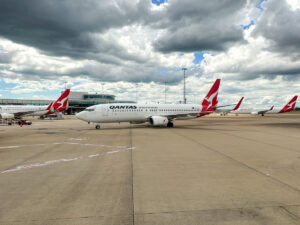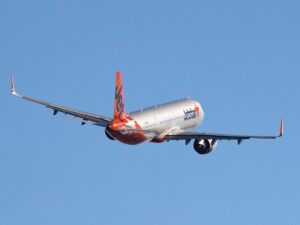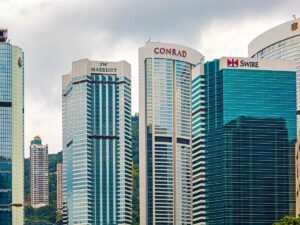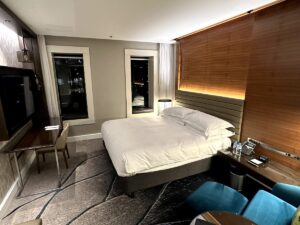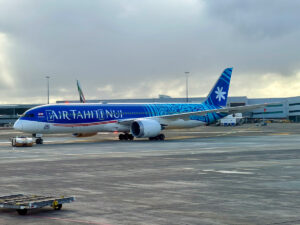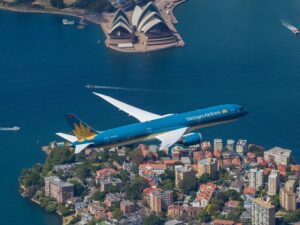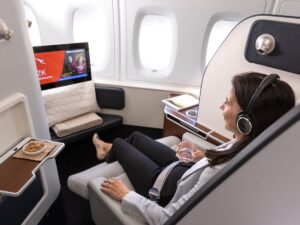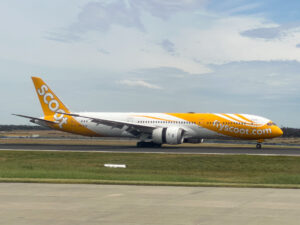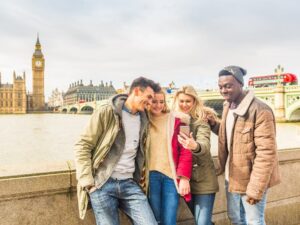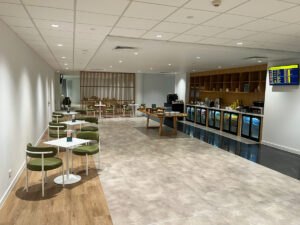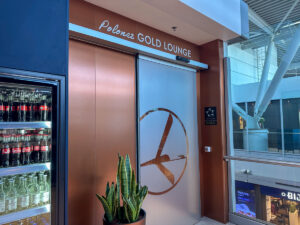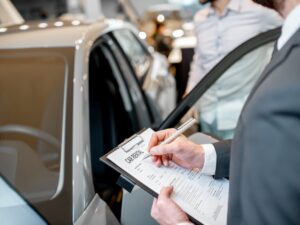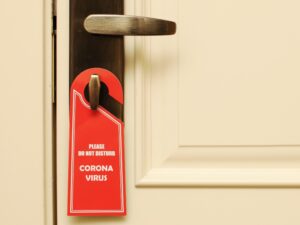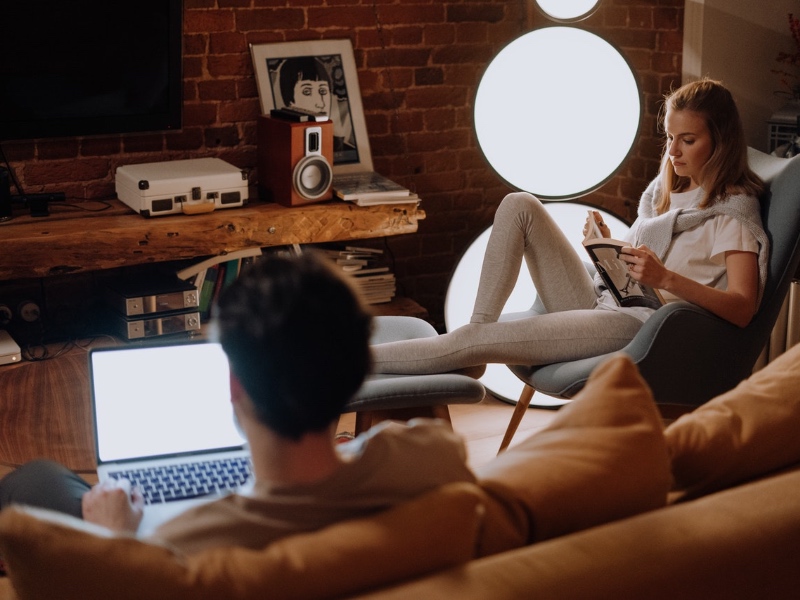
The NSW government will next month commence a trial of 7-day home quarantine for a small number of travellers returning from overseas, instead of the current 14 days of hotel quarantine. The NSW pilot program will operate for four weeks.
NSW Health will choose around 175 people to participate in its home quarantine trial. All participants must have had both doses of a TGA-approved COVID-19 vaccine (these are currently the Pfizer/BioNTech, AstraZeneca and Moderna vaccines). The trial will include a broad range of different types of travellers including Qantas air crew, returning Australian residents and overseas residents of different ages and group sizes.
NSW Police & technology to ensure compliance
NSW Police will enforce the requirement for returning travellers to remain at home during their 7-day home quarantine period. They will conduct random in-person police checks, with penalties applying for anyone found to be in breach of their quarantine conditions.
Police will be assisted by the same mobile phone App currently being used in South Australia’s home quarantine trial. This App uses geolocation and face recognition technology to ensure people remain at home.
“The safety of the community remains our number one priority and the rules around this home quarantine pilot will be strictly enforced,” NSW Premier Gladys Berejiklian said.
People quarantining at home will still need to get multiple COVID-19 tests and monitor for symptoms during their quarantine period. The App will provide information to travellers about this.
SA’s home quarantine trial continues
South Australia has recently expanded its own home quarantine trial to include Australians returning from overseas.
The first cohort of around 50 people in SA’s home quarantine trial were only coming from other parts of Australia. The first group of people to be involved in the international traveller trial will be around 90 vaccinated Australian Defence Force personnel coming from lower-risk countries. They all have self-contained houses they can quarantine inside. They will need to get a pre-departure COVID-19 test within 72 hours of flying to Australia – as almost everyone does at the moment – plus five more COVID-19 tests during their quarantine period.
While in home quarantine in SA, participants are sent random check-in alerts three times per day. Within 15 minutes of receiving each alert, people are required to check in on the App using live facial recognition. If they fail to do so, police will be sent to their house to conduct an in-person check. Police will also conduct at least one random physical compliance check between 8pm and 8am (i.e. overnight) during the quarantine period.
Potential problems with home quarantine
Many have welcomed home quarantine as a more comfortable and cheaper alternative to hotel quarantine. On balance, it is a much better option for most people. But the home quarantine system is not perfect, either.
One issue is the onerous requirement to check into an App using facial recognition at random times, multiple times per day.
There could be any number of reasons that somebody doesn’t answer a random alert within 15 minutes. For example, they might be taking a shower or a nap – it’s not uncommon for people returning from overseas to have jetlag and sleep during the day. Under the proposed system, this would result in a visit from police and potentially heavy penalties. Some critics have also raised privacy concerns about the App.
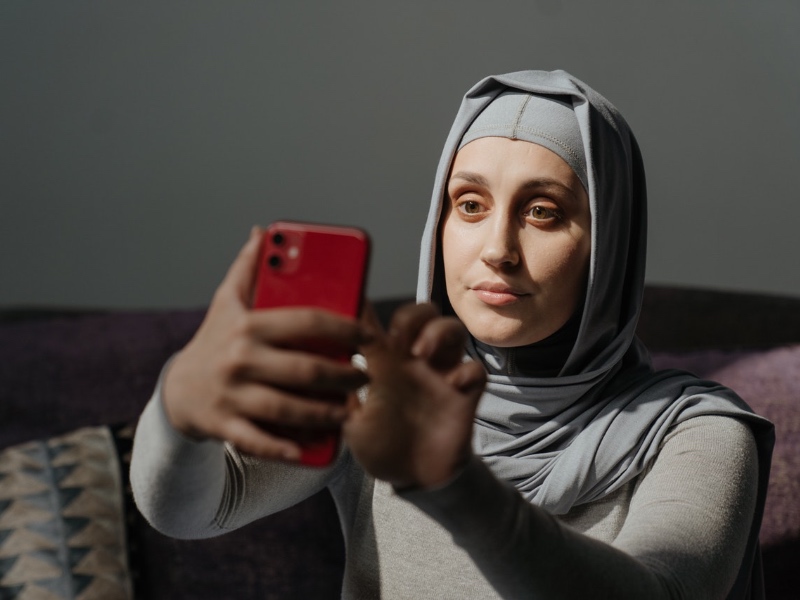
In addition, if anyone tests positive to COVID-19 while in home quarantine in the SA trial, they will be escorted to a medi-hotel.
This in itself is not really an issue. But if this happens, everyone else who was on the same flight will also be forced into a hotel. This isn’t as much of a problem when most flights into Australia have just a few dozen passengers at most, but could get very disruptive for lots of people if this policy is retained beyond the current trial.
Home quarantine not available to Queensland residents
Last week, the Queensland government made a new rule that people who have just completed quarantine in a location that Queensland considers a COVID-19 hotspot (currently NSW, ACT and Victoria) will not be allowed to enter directly into the state unless their quarantine was at a supervised facility.
This means anyone who has completed home quarantine in NSW during the upcoming trial period will not be able to enter Queensland without first applying for an entry permit and completing another 14 days of hotel quarantine in Queensland.
According to the Queensland government website:
New requirements for those wishing to enter Queensland who have completed quarantine in a COVID-19 hotspot
From 6pm AEST Thursday 16 September 2021 anyone who has completed quarantine in a COVID-19 hotspot can only transit directly to Queensland without completing quarantine in Queensland if they have completed quarantine at a facility with a security overlay provided by the relevant government authority. You cannot complete home quarantine in a COVID-19 hotspot and then transit to Queensland.
The NSW hotel quarantine system is no longer fit for purpose
The point of indiscriminately locking everyone who enters the country into a hotel room for 14 days, regardless of where they’re coming from, their vaccination status or repeated negative COVID-19 test results, is to completely eliminate (so far as this is possible) the risk of a single overseas-acquired COVID-19 case leaking into the community.
Although there have been many hotel quarantine leaks to date in Australia, this strategy makes sense when there are no COVID-19 cases in the community.
But NSW is currently recording over 1,000 community cases of COVID-19 every day. Meanwhile, there are just a small handful of cases – if any – found in hotel quarantine most days.
As Patricia Karvelas, host of the ABC News Afternoon Briefing program said on The Party Room podcast this week, “I just think it’s time now to change”.
“That moment has come. I do think that when you’ve got [COVID-19] in the community to that extent, it is punitive and bizarre that we are relying on this [hotel quarantine] system still,” Karvelas said.
The hotel quarantine system, meanwhile, is sucking up NSW government resources that could be better directed towards managing the current outbreak in Sydney. Even the NSW Premier acknowledged this recently. But her solution was to further reduce the number of people allowed to enter NSW hotel quarantine from overseas to just 750 per week – down from 3,000 per week prior to July and 1,500/week in August.
Meanwhile, tens of thousands of Australians remain stuck overseas. This number is growing every day that the extremely low arrival caps remain in force.
It makes particularly little sense at the moment to require hotel quarantine for NSW residents returning from regions like the South Island of New Zealand with no COVID-19 cases (while at the same time, making almost no hotel quarantine spots available for these people).
The home quarantine trial now being announced for NSW is certainly a welcome step in the right direction. The immediate impact will be minimal, since the recent arrival cap reduction will remove 3,000 airline seats into NSW during October but only 175 people will take part in the trial. But if the trial is successful, it does provide a potential model for allowing more Australians to return home once Australia reaches Phase C of the National Cabinet’s reopening plan later this year.
“Hotel quarantine has been an important line of defence throughout this pandemic but as we move towards our vaccination targets, we have to look at new ways of doing things,” Gladys Berejiklian said this week.
Join the discussion on the Australian Frequent Flyer forum: Predictions of when international flights may resume/bans lifted
